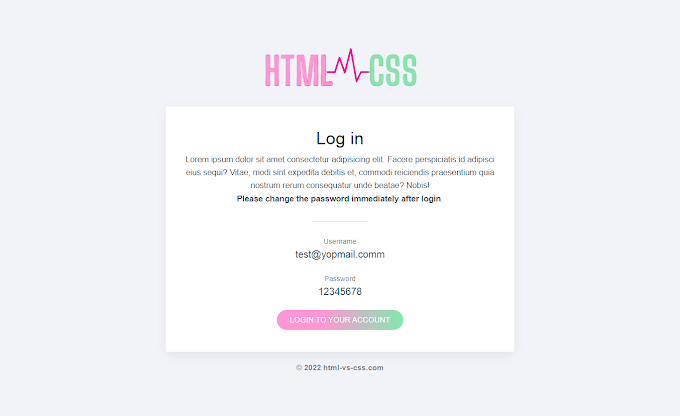Exploring MCP Servers for AI & Node.js Developers: Queues, Protocols, and More
Are you an AI or Node.js developer looking to supercharge your workflows with cutting-edge tools? If so, MCP servers might just be your next game-changer. In this post, we’ll dive into what MCP servers are, how they work with queues, and why they’re a hot topic in programming—especially for AI-driven projects. Let’s break it down!
What is an MCP Server?
An MCP server is a system built on the Model Context Protocol (MCP), an open standard developed by Anthropic. It acts as a bridge between AI models (like Claude) and external resources—think databases, APIs, or even your local filesystem. For Node.js developers, this means you can create lightweight, scalable servers using JavaScript to connect your AI tools to real-time data or actions. Imagine an MCP server handling a queue of tasks, like processing user requests or fetching web data, all while keeping your AI assistant in sync!
What is the Full Form of MCP Protocol?
MCP stands for Model Context Protocol. It’s a standardized way for AI systems to securely interact with external tools and data sources, making it a universal connector for modern AI workflows.
What is MCP in Programming?
In programming, MCP is a protocol that empowers developers to extend AI capabilities beyond static knowledge. For example, a Node.js developer could use MCP to build a server that queues API calls, processes them asynchronously, and feeds the results back to an AI model. It’s all about giving your AI context—like letting it read a GitHub repo or search the web—without messy, one-off integrations. Think of it as a plug-and-play ecosystem for AI tooling.
Adding Queues to MCP Servers with Node.js
Queues are a killer feature for MCP servers, especially in Node.js environments. Using libraries like Bull or Kue, you can set up a task queue to manage jobs efficiently. Here’s a quick example:
This queue could handle requests from an AI model via an MCP server, ensuring smooth, non-blocking operations—perfect for real-time applications!
What Are the Best MC Servers?
Wait—did you mean MCP servers or Minecraft (MC) servers? If it’s the latter, top Minecraft servers in 2025 include Hypixel (IP: mc.hypixel.net) for minigames and Complex Gaming (IP: hub.mc-complex.com) for variety. But if you’re asking about MCP servers for AI, check out:
- File System MCP Server: Manage local files with Claude.
- GitHub MCP Server: Automate repo tasks.
- Slack MCP Server: Streamline team comms. These are gold for Node.js devs integrating AI into workflows.
What is MCP Used For?
MCP is used to connect AI models to the outside world. Whether it’s fetching live data, automating tasks, or integrating with tools like Redis for queuing, MCP makes AI more actionable. For Node.js developers, it’s a lightweight way to build servers that enhance AI capabilities—think chatbots that search the web or agents that manage your codebase.
What is the Full Form of MCP and IP Joint?
In this context, MCP likely refers to Model Context Protocol, as discussed. However, in medical or unrelated fields, it could mean Metacarpophalangeal (a finger joint), paired with IP (Interphalangeal) joints. For developers, though, MCP is all about AI connectivity—not anatomy!
Why MCP Servers Matter in 2025
As AI evolves, tools like MCP servers are key to breaking down silos. They let Node.js developers build scalable, queue-driven systems that empower AI with real-time context. Whether you’re queuing web searches or syncing with APIs, MCP is your ticket to smarter, faster development.
Ready to dive in? Start experimenting with an MCP server in Node.js today—your AI projects




![[NEW] Effortless User Registration with Laravel, Vue.js, and Axios: A Comprehensive Guide](https://blogger.googleusercontent.com/img/b/R29vZ2xl/AVvXsEiy0mBTS1mtUO3s-oz_ZYC5d7izHBzdgLd4OjtX62ePu1YtRNZS9-axwpgZwnh3HoHW3nRHdjxo7_jTgKSp2IE6K3UWcWCyVgfcm4DLb95bi6R7iekMCq7qlrLf46IInsTpr5ghoIRBvFVfLEkNSz-4ltnTYRhfSebS2rQnwknNltDpVNcjJ03V65uw9YY/w680/Effortless%20User%20Registration%20with%20Laravel,%20Vue.js,%20and%20Axios.png)



